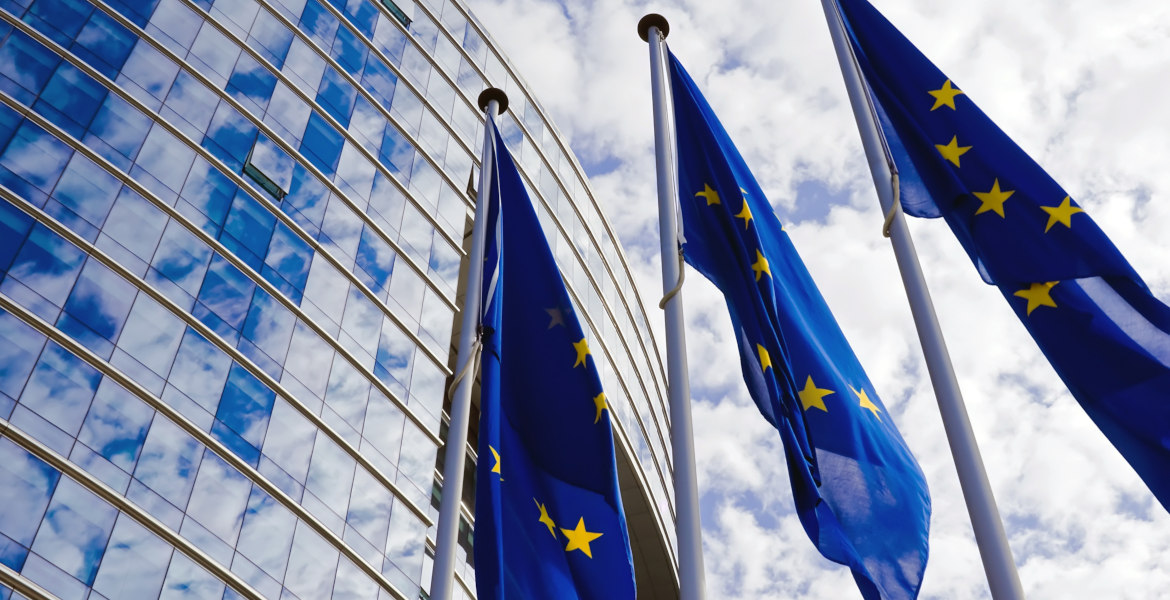A resolution on age limits for social media has been adopted by the European Parliament with the aim of protecting children and young people. However, the decision is not binding but rather a call for member states to take action.
According to the resolution, children must be at least 13 years old to use social media, video-sharing platforms like YouTube, and so-called "AI companions". Parental consent should be required up to the age of 16. The Parliament is urging the European Commission and member states to advance the issue.
Swedish MEP Adnan Dibrani (Social Democrats) welcomes the decision.
— Our children must always come before tech giants and their profits and algorithms, he told publicly funded broadcaster SVT.
However, MEP Charlie Weimers (Sweden Democrats) voted against it. He sees a risk of political surveillance and warns that European citizens could be forced to authenticate themselves with BankID just to comment on posts online.
Questions remain about how the age limit would be practically implemented. Discussions are ongoing about which identification tools could be used without compromising the protection of personal data.
Denmark well on its way
Australia will become the first country in the world in December to introduce legislated age limits for social media. The responsibility for enforcing the limit lies with the platforms, which risk fines if they fail to comply with the rules.
In October, the Danish government also presented a proposal to ban social media for all children under 15, with Prime Minister Mette Frederiksen strongly pointing to screens creating both addiction and poor mental health among young people.
A similar proposal has also been put forward in Norway.




